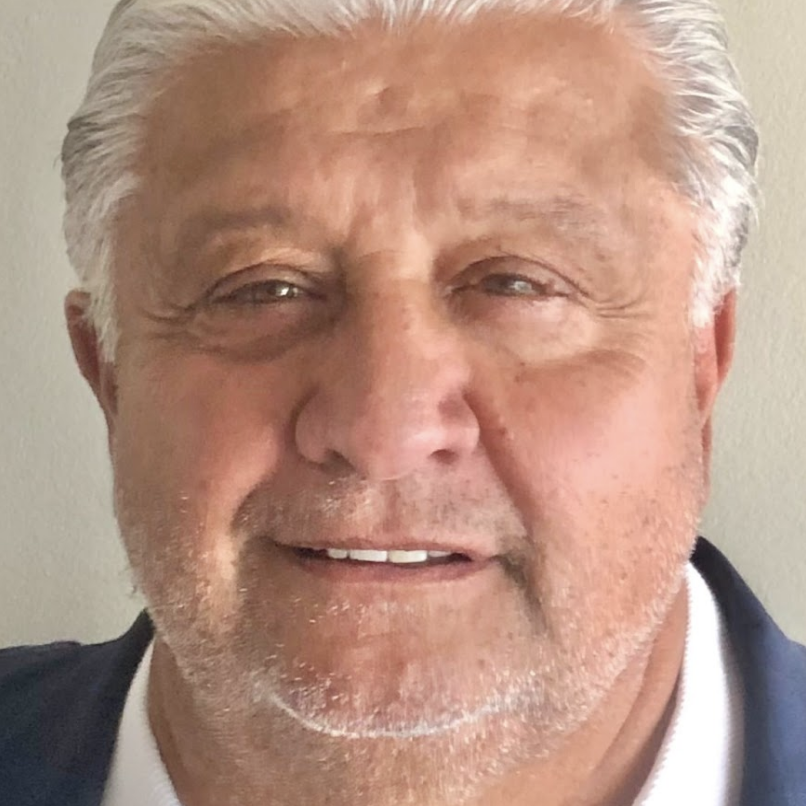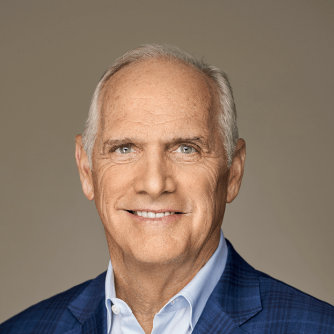Recovery Capital (RC) are the resources that people in recovery rely on to sustain and enhance their lives—internal resources such as coping skills, resiliency, and perseverance as well as external assets such as supportive relationships, peer support, and meaningful work/employment.
Although the term was coined over 20 years ago (Granfield & Cloud, 1999), RC’s utility is only recently getting the attention it deserves. RC can be categorized in the following domains: (a) personal capital (qualities such as resiliency); (b) social capital (networks and supports that the individual can draw from) and (c) community capital (resources from the individual’s local community such as affordable housing and training/employment opportunities; Best & Laudet, 2010).
Why does Recovery Capital matter now more than ever? RC transcends traditional health screening and offers a more comprehensive picture of how an individual is doing on their recovery journey—identifying both strengths and areas for growth. In other words, RC is a currency of recovery—a measure of how much recovery an individual possesses at a moment in time.
RC enables a more meaningful and comprehensive assessment of recovery—insights into indicators and predictors such as global health and wellness, nutrition, social connectivity, employment satisfaction, socioeconomic status, relationship health, educational interests, and skill-building.
For example, RC enables an individual in recovery and their care team (e.g., a Manifesto peer recovery coach) to gain well-rounded insights into their strengths and potential risk areas while tracking useful outcomes and informing targeted and timely interventions. At Manifesto Health, we use RC as our barometer for progress—enabling a higher level of personalization for our nonclinical support services (in stark contrast to the one-size-fits-all addiction treatment approach).
Moreover, RC provides other stakeholders in the measurement and outcomes of treatment (e.g., providers, payers) a valid, reliable and standardized tool. This holistic measure of recovery transcends the limited and reductive measures of old—such as only tracking substance use recurrence or treatment recidivism.
RC gets us closer to an empirically testable science of recovery—one that upends traditional addiction science that emphasizes pathology over strengths and capabilities. Capturing and measuring recovery pathways and trajectories is a work in progress in addiction research. RC offers an empirically-driven and culturally-appropriate method that can accelerate addiction science and identify the elusive indicators and predictors of recovery.
As the evolution of value-based care in behavioral health continues to emerge, measurement and outcome tracking will take on a new level of necessity—and for good reason! We cannot manage (i.e., change/improve/modify/test) what we don’t measure—and Recovery Capital measures what matters.












